Conference on “Iran in perspective of French explorers and travel writers”
On the afternoon of Monday May 12th 2014, the conference “Iran in perspective of the French explorers travel writers” was hosted by Iran-France Alliance Association, Bidar Company (the agent of Montegrappa in Iran), Bukhara Journal of Cultural Heritage, Tourism Organization of Iran, the Center for the Great Islamic Encyclopedia, Cultural Section of the Embassy of France in Iran, Beheshti University, Islamic Azad University, Isfahan University and was held at the Iranian National Library and Archives conference hall. Over 500 participants and reporters were present for the entire 3 hours of speeches.
Iran-France Alliance Association president, Dr. Sohrab Fotouhi, cited that travel papers and literature are considered one of the main sources of documented research on tourism and historical research: “Amongst tourists and foreign travelers who have visited our beloved homeland and have documented their travel experiences and memoirs, French explorers and travel writers hold a distinguished position in Iran’s last 400 years’ narrative history. Travel logs are a major comprehensive description of how the country’s rich legacy is impacted.”
Dr. Seyed Reza Salehi Amiri, Director of the Iranian National Library and Archives, was the next speaker who spoke about two axes: “One is the key to the survival-oriented culture and the other cultural commonalities between Iran and France. What I think the recent political conflicts and nuclear tensions in the region have caused is negligence and a gross injustice to Iranian culture. In all fairness, the Iranian culture is an attractive and eternal culture. Unfortunately, the situation we have today in the Middle East has put a stain on this lovely image. But why did this culture become dominant in our extensive history? There are many reasons for this permanence but it may be sufficient to look at several of these reasons. In my opinion, augmented with our diverse culture and history, the foremost reason is the flexibility of the Iranian culture which has accepted to co-exist with other cultures.” Dr. Salehi concluded by pointing out some commonalities between Iranian and French cultures.
The podium was then given to the French Ambassador, Bruno Foucher: “Dear Mr. President of the Iranian National Library and Archives, Iran-France Alliance Association, Mr. Chairman, Dear Colleagues, Distinguished Ambassadors, Ladies and Gentlemen, dear Friends, it is with great pleasure and pride that I participate in this ceremony held in the outstanding National Library of Iran. I visited this center for the first time two weeks ago. This center is the refuge for many masterpieces for their aesthetic quality and historical significance. I am interested in rare books and I feel very happy to be surrounded by these unique works.”
Professor Francois Moreau, who was the next speaker examined a challenging view of 17th century French explorers of Iranian cultural visage: “Europeans call the 1700s the century of the enlightenment. On the dawn of one day in 1721, a French literature book was secretly published which became one of the most famous philosophical narratives of French literature: Iranian Letters (in French: Letters persanes by Charles de Secondat, baron de Montesquieu).”
“This future political philosopher, who later inspired the constitutions of the United States and the post-revolutionary France, wrote this book in the frame of letters written by two Iranians in Paris and sent to Persia about their experiences with the French tradition and culture.”
Dr. Bahman Namvar Motlagh was the last speaker of the conference and spoke on “The theme of multi-layer Iran: Image of Iranians in the eye of the Europeans.
“Image is wealth, whether it be an individual or a society and civilization. No other wealth or heritage is more important than the image that a culture is portrayed in. Therefore visiology is considered an important part of cultural studies because the relationship between a country’s culture with other cultures depends on the type of cultural image that has been constructed.
So it is not unreasonable that some countries spend an enormous amount to try and paint a good visage of themselves. In the shade of images of a beautiful country, a rich and hospitable culture attract tourists to their side.
As can be seen in the texts of the European authors, especially French authors, Iran was viewed from three different angles. In other words, Europeans are not dealing with just one side of Iran, but they are dealing with innumerable aspects of Iran, and three main ones are: mythical, characteristics and illustration.”
“Iranians have an important role in shaping these images. And if not all, we can certainly attest that a large part of the Iranian visiology depends on our actions and attitudes. Now that a new flood of tourists and European researchers, and generally foreigners, are flowing towards Iran, all Iranians ranging from politicians to hotel owners to cultural institutions to regular street persons are responsible for encountering foreign cultures with respect. While relying on the Iranian culture and enjoying the trading and economic privileges, especially the spiritual image and illustration of our sacred land, and work on preserving and even expanding it.”
In conclusion of the conference, the CEO of Montegrappa, Mr. Charles Nahhas, and the managing director of Bidar, Mr. Mehdi Ghaemi, presented the speakers with valuable Montegrappa writing instruments. Guest speakers, Mr. Nahhas and Mr. Ghaemi also received commemoration plaques from Iran-France Alliance Association for their valuable participation in the conference.
Below is also some information on Prof. Moreau’s background:
• Professor François Moreau
Director of the University Press Department of the University of the Sorbonne 2000-2012
(Literature des Voyges) Director of Travel Literature Research (1968-2012)
Professor of French Literature (Concentration on 18th Century Literature) at the University of Paris – Sorbonne (1992-2012)
Specialist in Travel Literature
Member of Belgium Royal Academy
Specialist in Research and Exploration
Prof. François Moreau has authored several masterpieces which some have received respectable prizes such as Briguet Award (1980) and Roland de Jouvenel Award (2007) from Cultural Academy of France.
Prof. François Moreau has held many high positions as editorial board of scientific journals, and research groups in France and foreign countries He has also collaborated with prestigious institutions such as: Voltaire Foundation (Oxford).
On the one hand, as a book enthusiast and a collector of historical documents, and on another hand, his intellectual curiosity in research in different areas such as theater, history of publication, fine arts and travel literature made him a unique celebrity.
Researchers such as Prof. François Moreau are rare as his writing style has greatly affected the academic environment in terms of quantity and quality.

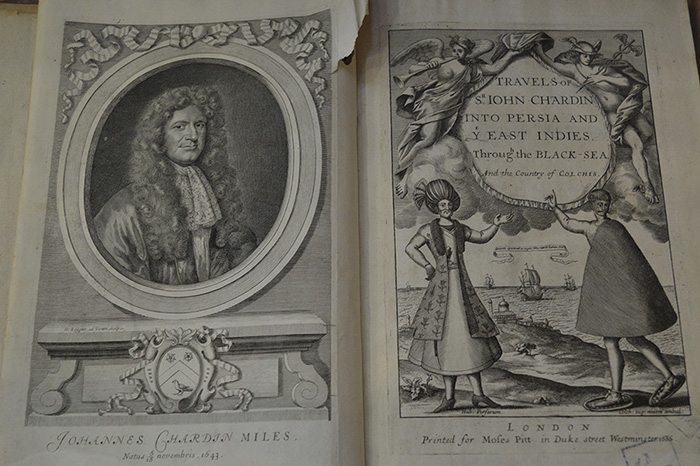
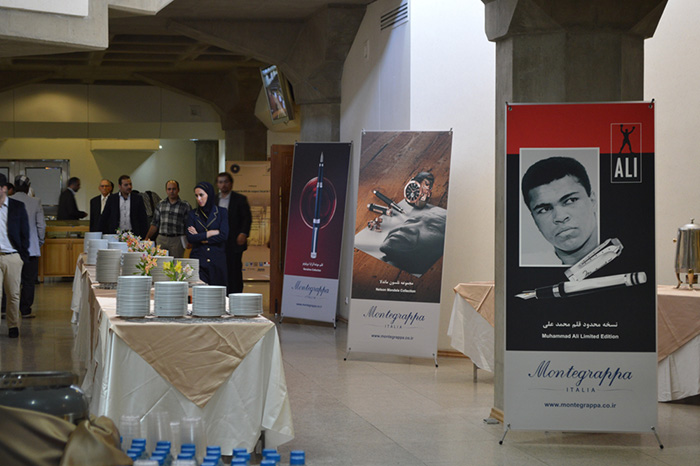
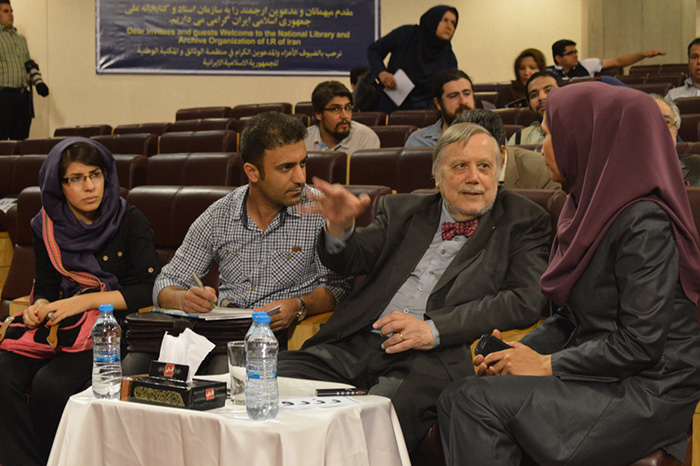
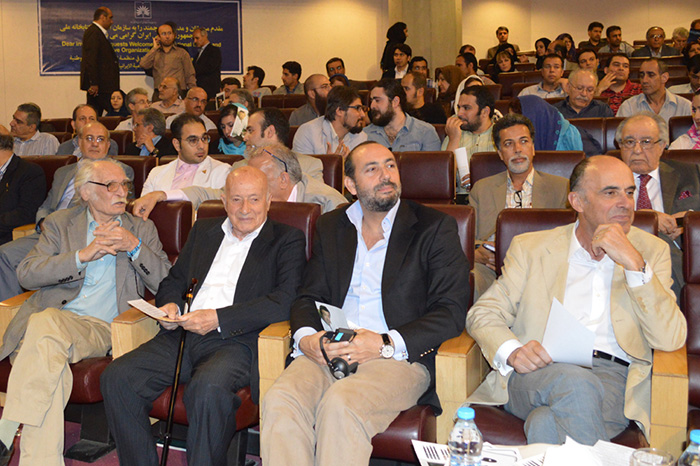


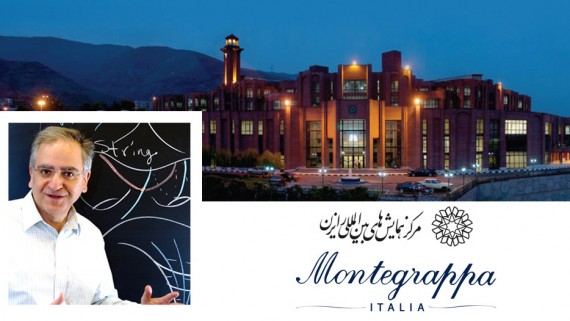



Comments:
No comment yet.